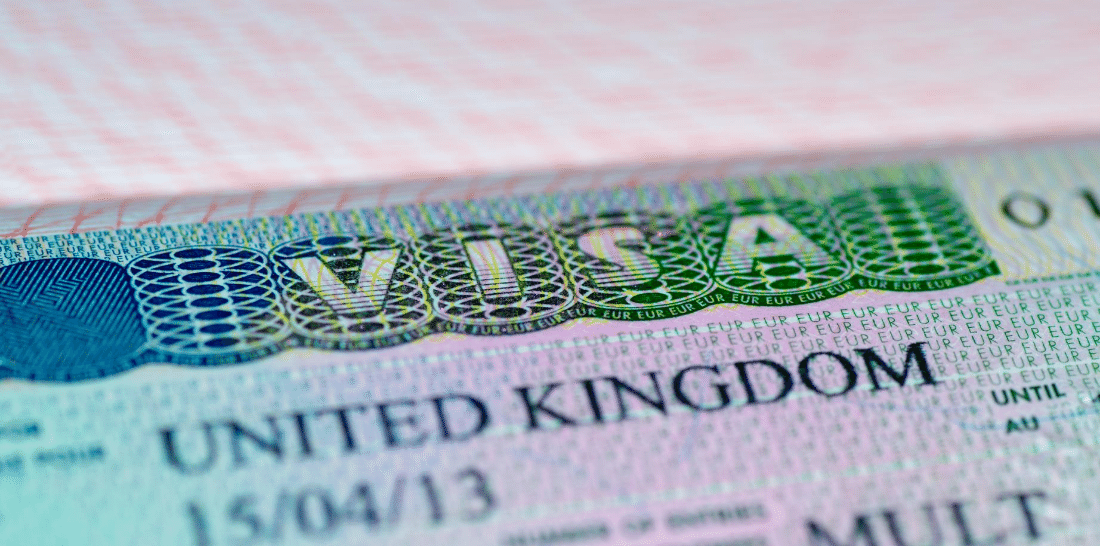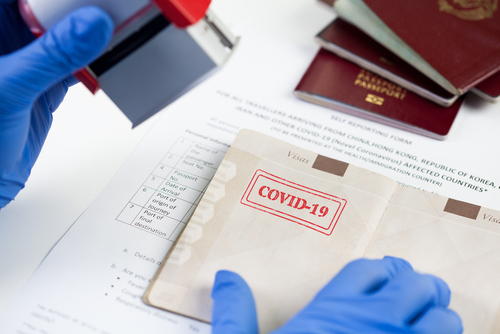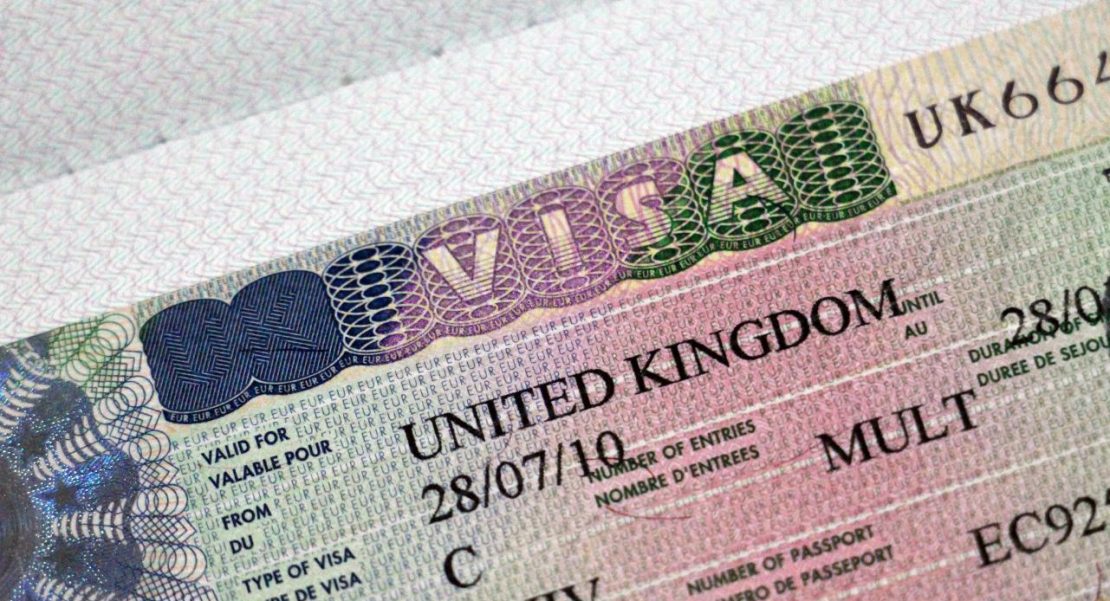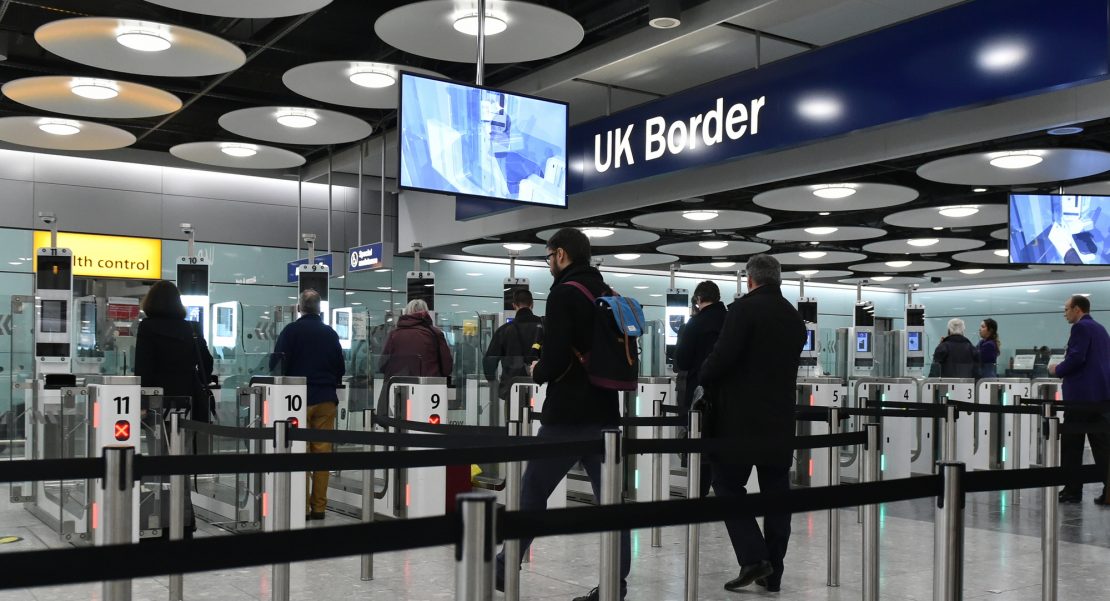A UK visitor visa allows foreign nationals to enter the UK for a temporary period of up to 6 months. People intending to enter the UK, can travel on a visitor visa, for a variety of purposes such as a business activity, a short education course, to pass through to another country, to undergo medical treatment, or just to visit family or friends, or tour the UK. The type of visitor visa required will be dependent on the purpose of the visit.
At Murria Solicitors we can help you navigate the visa system and give advice on which visa would be most appropriate, in your given situation. We can manage your application from start to finish, and assist with any additional enquiries, so you or your loved ones can enjoy your planned visit to the UK.
your enquiry by filling in the Contact Us form.
Who needs a visitor visa?
Some people, depending on their nationality, may be able to enter the UK, as a visitor, for up to 6 months, without needing a visa, whilst others will have to apply for a Standard Visitor visa, at least 3 months before travelling. You can check your eligibility for a visa-free tourist entry, by visiting the Government website.
All visitors, regardless of their nationality, must meet the basic Standard Visitor eligibility requirements. However, if you are applying for a visitor visa, there may be some additional requirements depending on your country of origin, the purpose of your visit and the length of your stay.
In general, you may need a visitor visa if you intend to stay in the UK for up to six months, to:
- visit the UK for tourism, or see family and friends;
- attend business meetings, events, conferences, seminars, or interviews;
- receive medical treatment;
- attend a short course or sit an exam.
What are the different types of visitor visas?
There are a number of different visitor visas available. The most suitable visa for you, will depend on your purpose for visiting the UK.
Standard Visitor Visa
This is a general visa and tends to be the most common way of entering the UK, as a visitor. It allows the visa holder to enter the UK, as a visitor, for a period of up to six months. In this period, the visa holder can spend time with family and friends, tour the country, attend a business meeting, or an interview, take an exam, to study a short course, or for medical reasons.
Marriage Visitor Visa
A Marriage Visitor Visa is not the same as a Spouse Visa. Unlike the Spouse Visa, a ‘Marriage Visitor Visa’ is a short-term visa and is not suitable for anyone planning to settle in the UK, after their marriage or civil partnership. It is intended to allow individuals that want to get married, or that want to register their civil partnership, to enter the UK. On this visa, the visa holder can stay in the UK, for a period of up to six months.
Permitted Paid Engagement Visa
If you are planning to come to the UK to undertake short-term paid work, a freelance assignment or consultancy work, you may require a Permitted Paid Engagement Visa. This visa allows you to remain in the UK for up to one month.
Transit Visa
A Transit Visa allows a person to pass through the United Kingdom enroute to another destination. It is designed for individuals who are not planning to stay in the UK for more than 48 hours. Applicants planning to travel on this visa, must have a confirmed onward flight or another mode of travel out of the UK within 48 hours of their arrival.
When should you apply for a visitor visa?
Once you have established that you or your family member require a visa prior to your visit to the UK, the UK government recommends that you apply for your visa at least three months before your intended date of travel.
It is important to note that the processing time for a UK visa application can vary depending on the type of visa and your individual circumstances. Some visa applications may take longer to process if additional documents or information is required.
To avoid delays and any potential problems it is important to apply for your visa well in advance of your proposed arrival in the UK.
What is the application process?
There are a number of steps in the UK visitor visa application process:
- Determine the type of visa you requireBefore you start the application process, you need to determine the type of visitor visa that you require, which will depend on your reason for entering the UK, as a visitor.
- Gather the necessary documentsOnce you have identified the type of visa that is most suitable to your intended purpose, you will need to gather the relevant documents.The type of documents required for a UK visitor visa will vary depending on your individual circumstance. Regardless of the type of visitor visa, you will always need a valid passport or travel document, a completed application form, and evidence that you have sufficient funds to cover your stay in the UK. Depending on the type of visitor visa, you will also need to provide documents that support the purpose of your planned visit.
- Submit the application and pay the feeWhen you are ready to submit the online application, you will be required to pay a fee. The applicable fee will vary depending on the type of visa you are applying for, and your country of origin.
- Wait for the decisionThe processing time for a UK visitor visa can vary, but it typically takes around three weeks. You can track the progress of your application online.
What can you do if your visa application is refused?
If your application for a UK visitor visa is refused, you have limited rights to appeal the decision or the option to apply for a review. The specific process will depend on the reasons for the refusal.
How Murria Solicitors can help
At Murria Solicitors, our experienced team of Immigration and Nationality Solicitors in Birmingham can help you with the visa application process. We can give you advice on the which visa will be most suitable to your requirements, and ensure you have the right documentation to support your application. Should your initial application be refused, our expert UK immigration solicitors can advise about the best course of action and support any appeal, or review.
For expert UK Visitor Visa advice, please call our Immigration Solicitors on Freephone 0333 800 0033 or send us your enquiry by filling out our contact form.
We offer fixed fee services for Immigration
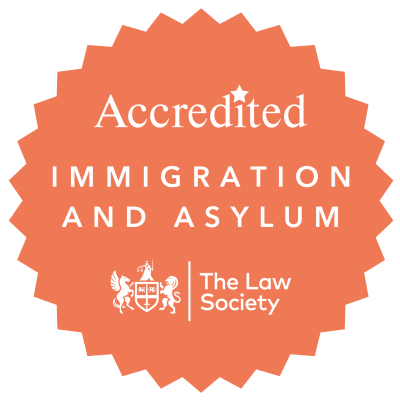
Immigration: what is the new points system?
The New Immigration Bill
A bill has been introduced into parliament by the Home Secretary, Priti Patel, which will remove freedom of movement for EU citizens. . Instead, migrants from EU member states will be subject to the same immigration criteria as people from the rest of the world. ... More


